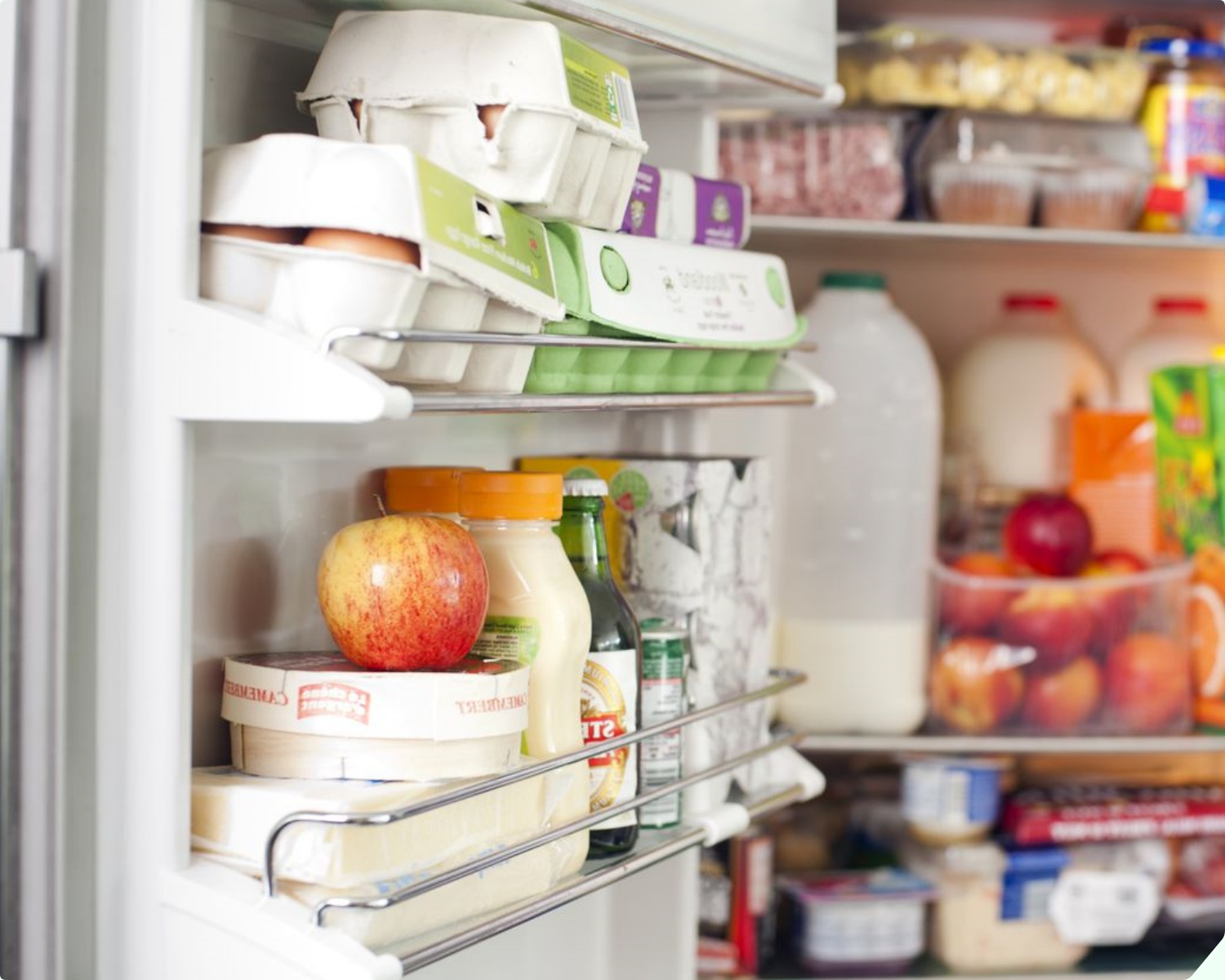
The USDA recommends maintaining a temperature of 4.4 degrees Celsius or lower in your refrigerator. Most compartments in the fridge’s cold storage compartment meet this criterion.
However, the refrigerator door will differ. This part is frequently opened and closed, allowing warm air from the outside environment to enter and affect the food stored here.
Foods That Should Not Be Stored on the Fridge Door
The following are five foods that should not be stored on the fridge door, as many households may unknowingly do so.
1. Milk
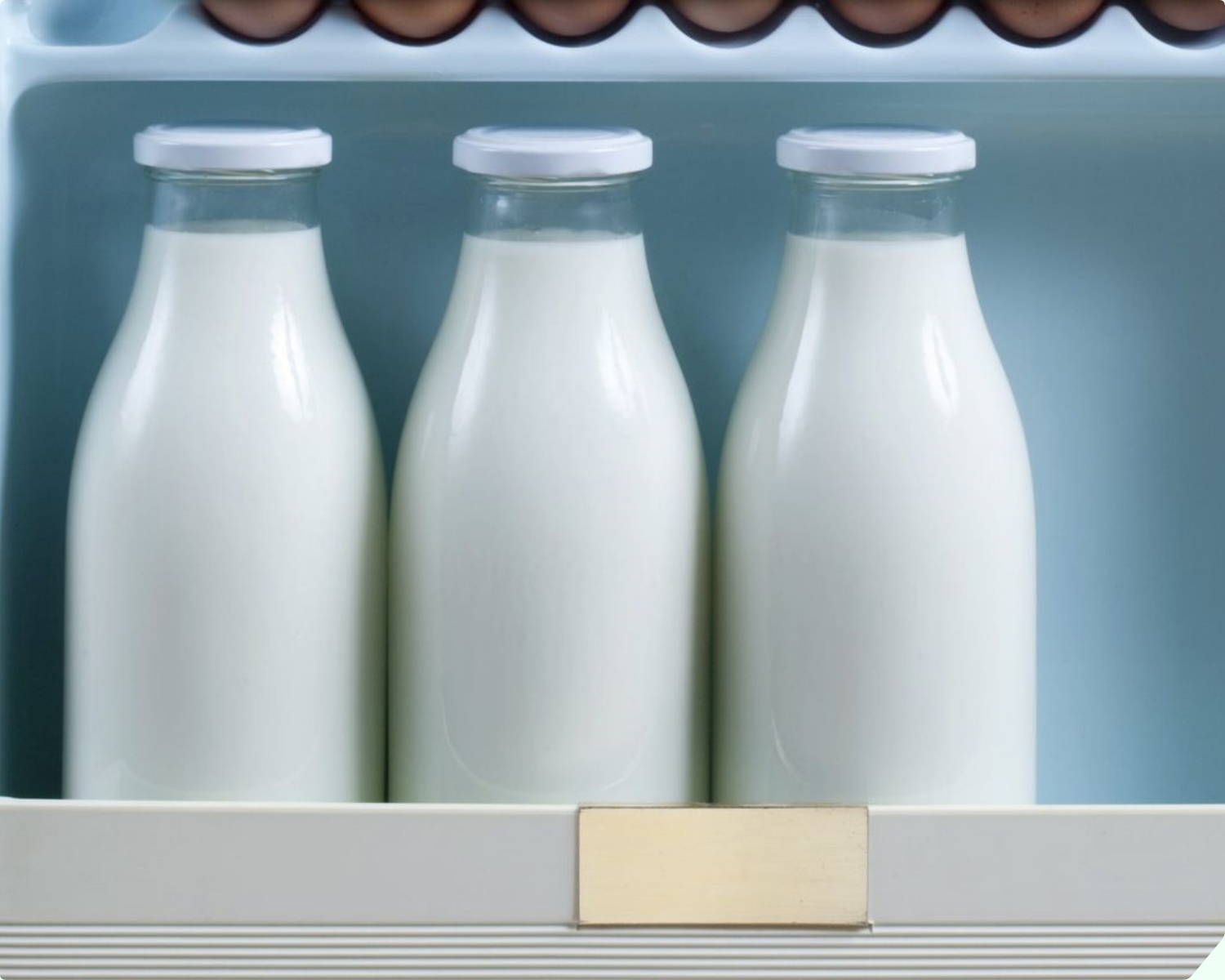
It is common for families to store milk on the fridge door for easy access, but this is a significant mistake that can cause the milk to spoil faster. This is because the temperature on the door is unstable and not cold enough, providing an opportunity for bacteria to thrive and potentially harm your health.
Experts recommend storing milk in a separate compartment to avoid cross-contamination from other foods. Additionally, once opened, milk should not be kept in the fridge for an extended period.
2. Eggs
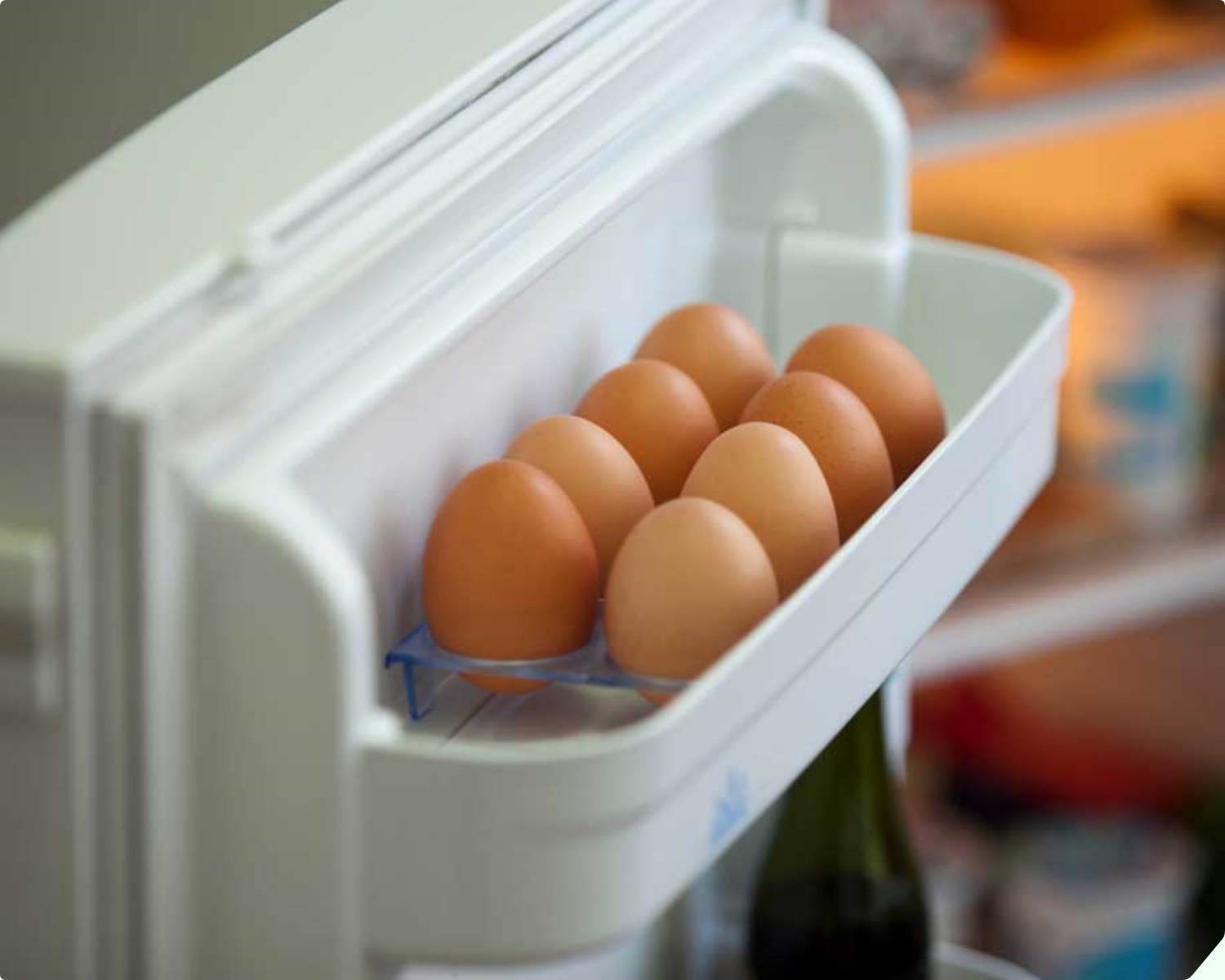
Regardless of the size of your refrigerator, there is typically an egg tray located on the fridge door. However, this is not an ideal place to store eggs.
Research has shown that eggs stored on the fridge door are more likely to produce harmful bacteria and spoil due to fluctuating temperatures. Some studies also indicate that extremely low temperatures can destroy essential minerals and enzymes found in eggs.
Therefore, it is best to keep eggs at room temperature and consume them soon after purchase to prevent spoilage.
3. Meat
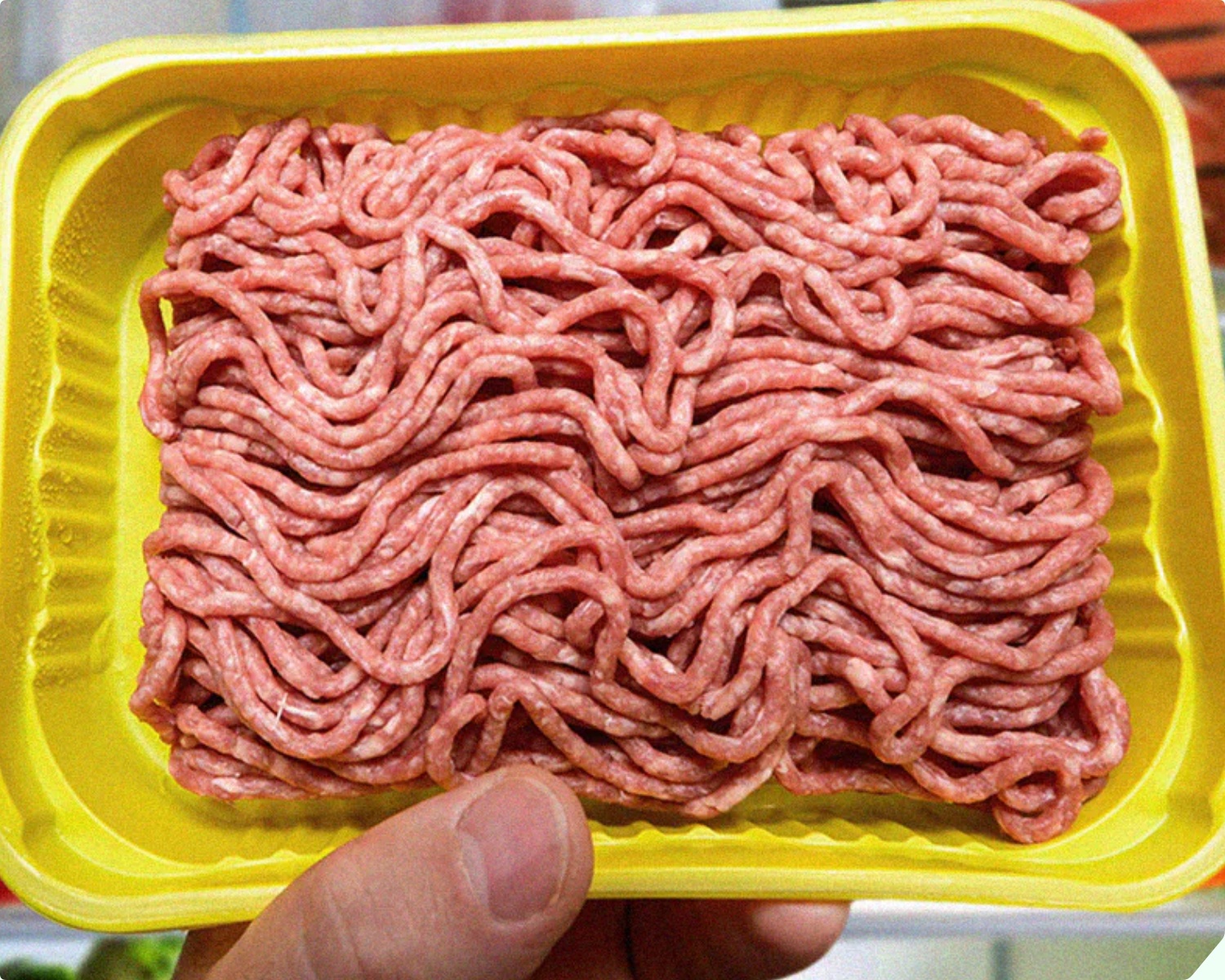
Meat can quickly spoil and become watery if not properly chilled. Since the temperature on the door is unstable and cooler than other food storage trays, meat stored in this location is more likely to spoil.
To properly store meat, rinse it thoroughly, pat it dry, and then place it in a plastic bag or wrap it tightly in food wrap. Next, put the meat in the cold storage compartment of the fridge if you plan to use it soon, or in the freezer for longer-term storage.
Note: It is advisable to divide the meat into portions before freezing to facilitate usage. Avoid freezing meat multiple times, as this can lead to the production of harmful bacteria, directly impacting the consumer’s health.
4. Fruits and Vegetables
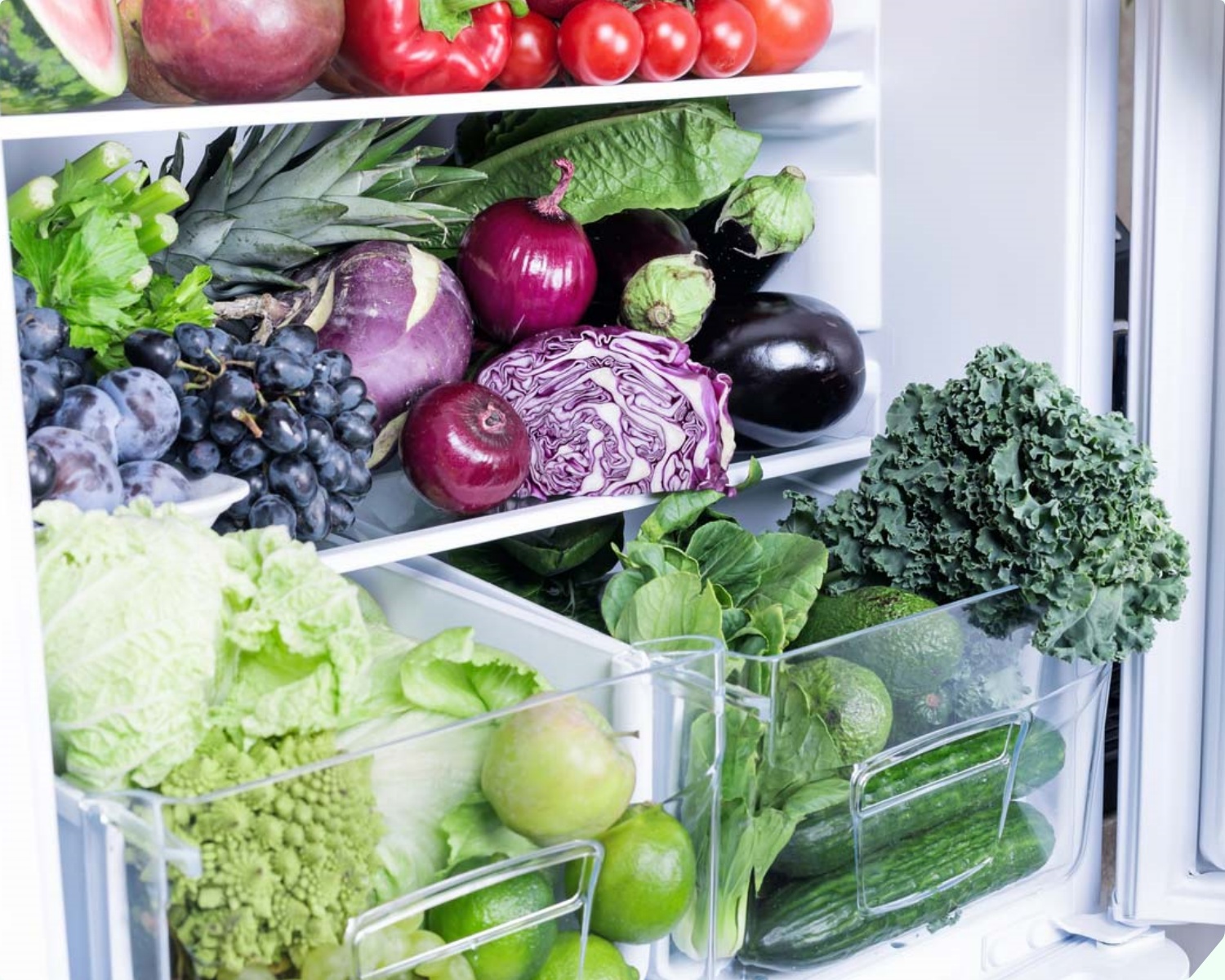
Similar to meat and other foods, fruits and vegetables stored on the fridge door are prone to spoilage and wilting.
Instead, store your produce in the designated crisper drawers of your refrigerator. This area maintains a stable temperature and humidity level, ensuring that your fruits and vegetables stay fresh and crisp for a more extended period.
5. Cheese
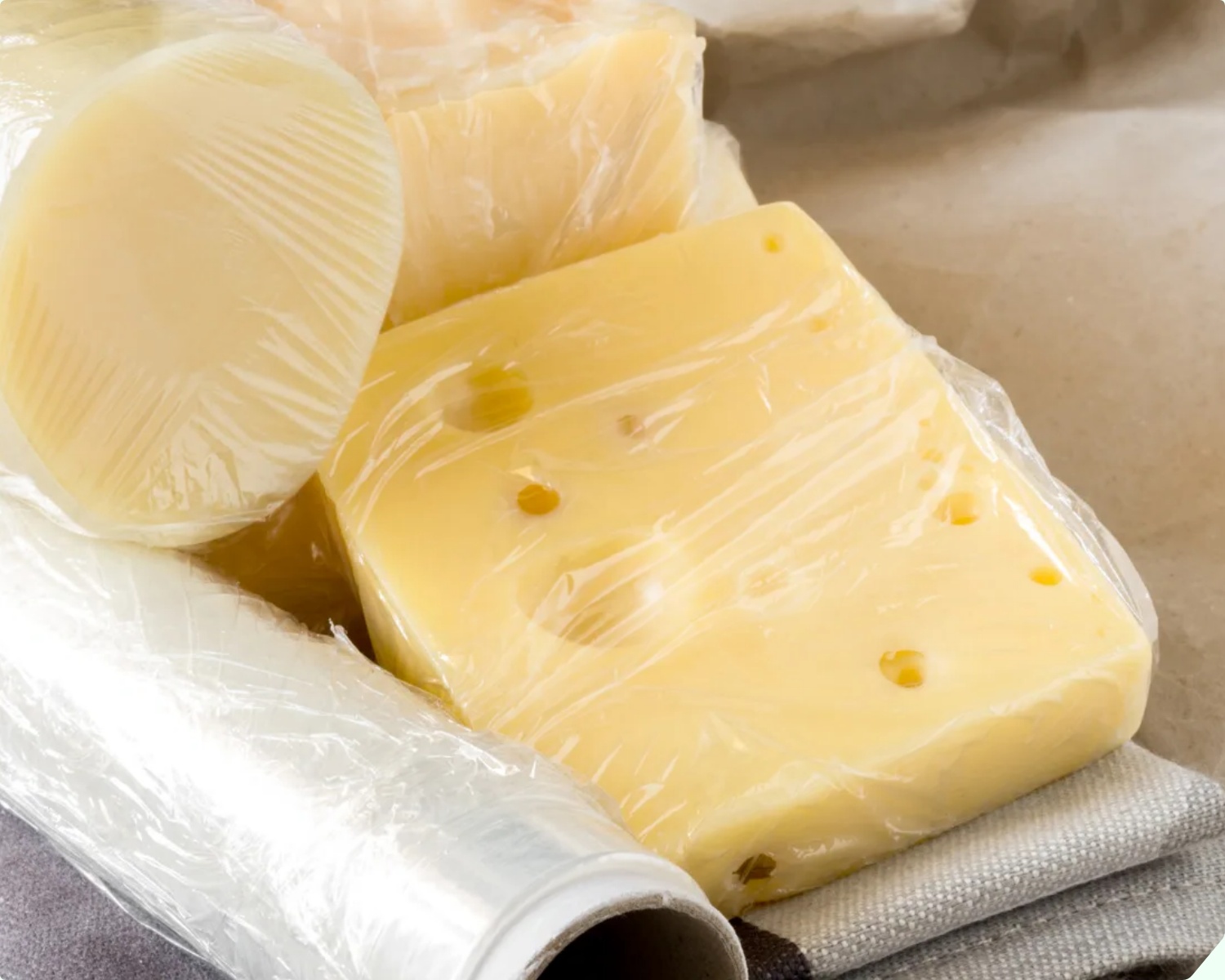
Cheese needs to be stored at the right temperature to prevent spoilage. Keeping cheese in the designated food storage compartments will help maintain its freshness and prolong its shelf life.
What Should You Store on the Fridge Door?
Given the unstable temperature of the fridge door, here are three suggestions for making the most of this area:
Salad Dressing
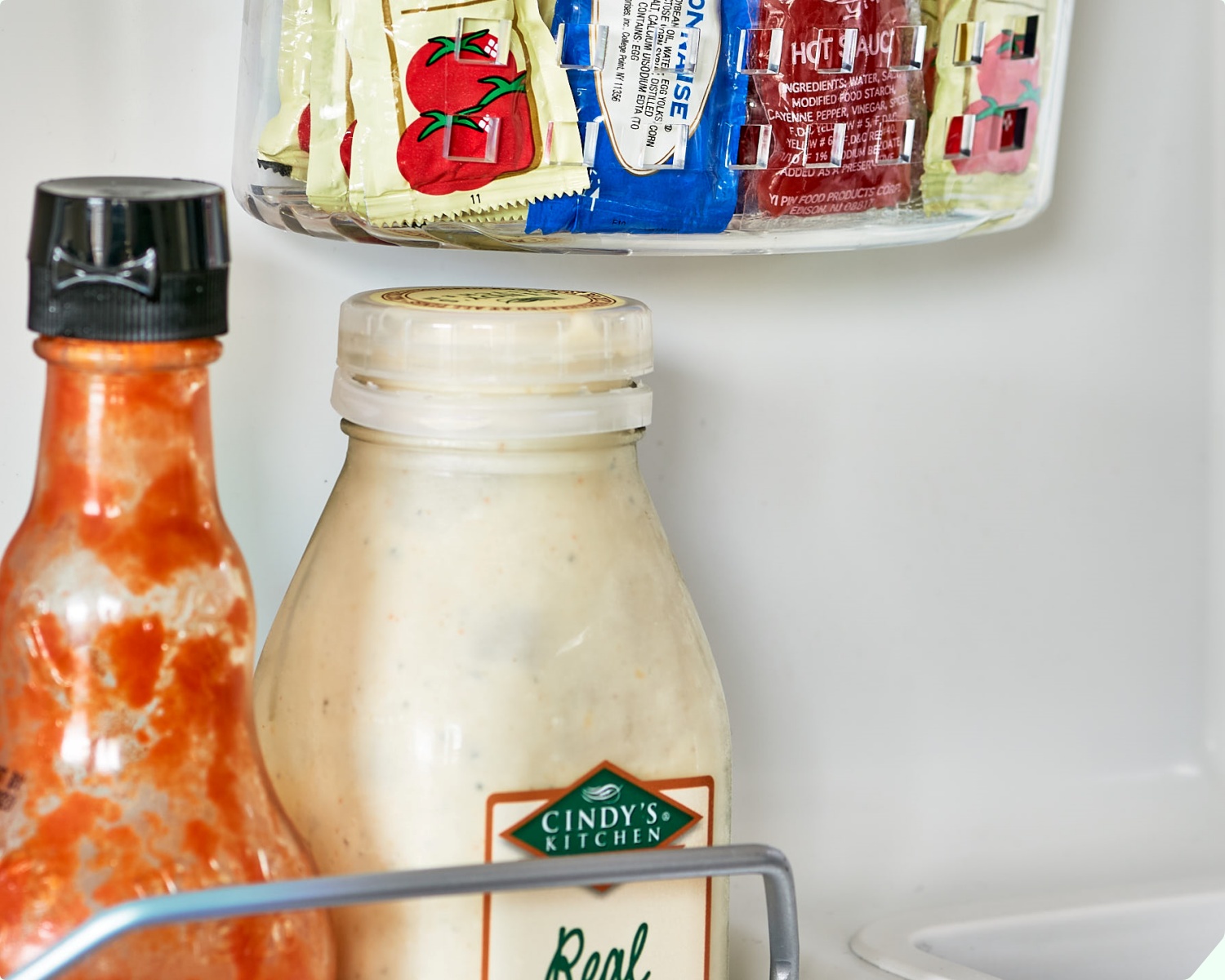
You can store salad dressing on the fridge door. The maximum storage time after opening is two months. Some oil-based dressings may experience oil separation, but a gentle shake before use will fix this issue.
Soft Drinks, Beer

If you’re unsure what to put on the fridge door, soft drinks, beer, and mineral water are excellent options. These beverages do not require refrigeration to be consumed, but chilling them can enhance their flavor.
Condiments
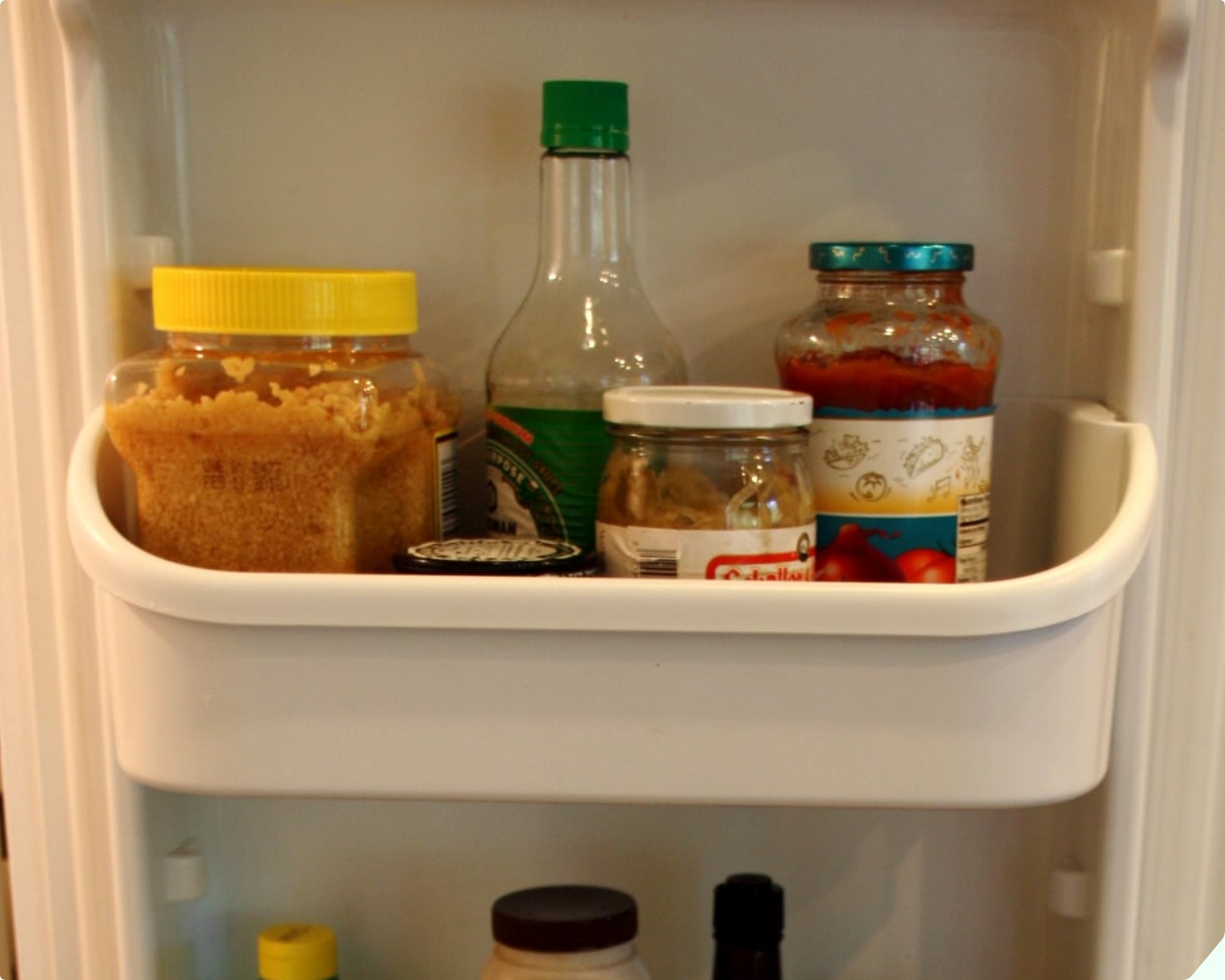
Some condiments, such as hoisin sauce and tomato sauce, are recommended to be stored in a cool, dry place. You can store them on the fridge door for easy access, and they will last longer than at room temperature.






























